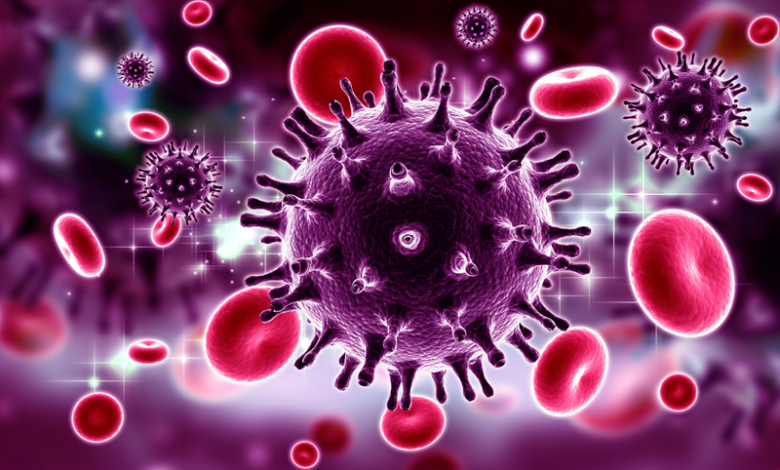Study Finds Increased HIV-1 Transmission Despite Border Restrictions During COVID-19 Pandemic

News Mania Desk/Agnibeena Ghosh/10th July 2024
A recent study led by researchers from the University of California has revealed alarming trends in HIV-1 transmission among injectable drug users in Tijuana, Mexico, and San Diego, California, during the COVID-19 pandemic. Despite efforts to restrict border traffic, the study indicates that HIV-1 infections surged among vulnerable populations.
Published in The Lancet Regional Health – Americas, the study employed phylogenetic analysis to trace viral clusters among 622 participants, including residents of San Diego who crossed into Tijuana for drug use and vice versa. The findings underscore the interconnectedness of HIV-1 epidemics across these cities, dispelling assumptions that border closures would mitigate viral transmission.
Lead researcher Britt Skaathun, PhD, from the University of California, San Diego, highlighted the unexpected outcomes: “Our analysis demonstrated ongoing viral mixing between Tijuana and San Diego, with no reduction in transmission despite border closures.”
The study reported initial HIV-1 prevalence rates and subsequent incidence density rates over an 18-month period. Among San Diego residents who crossed into Tijuana, the prevalence of HIV-1 was 4%, comparable to local residents in San Diego who did not cross the border for drug use. In contrast, Tijuana residents not crossing the border showed a significantly higher prevalence at 16%.
“We observed a notable increase in HIV-1 prevalence during and after the pandemic, indicative of persistent challenges faced by these communities,” noted Clara Fleiz Bautista, a psychologist and researcher at the National Institute of Psychiatry in Mexico City. She emphasized the impact of structural barriers on accessing healthcare and harm reduction services, exacerbated by reduced budgets and pandemic-related restrictions.
The study also highlighted disparities in HIV-1 incidence rates based on gender and sexual orientation. Rates were markedly higher among transgender individuals and those identifying as gay, lesbian, or bisexual, reflecting broader inequalities in healthcare access and social stigma.
Beyond HIV-1, these communities grapple with additional health risks, including hepatitis C and overdoses exacerbated by adulterated drugs like fentanyl and xylazine. Fleiz underscored the urgent need for targeted public health interventions addressing socioeconomic disparities and enhancing healthcare accessibility for marginalized populations.
The findings call for renewed efforts in public policy and healthcare provision to address the multifaceted challenges faced by vulnerable populations along the Mexico-US border. Fleiz emphasized the need to destigmatize and support these communities, advocating for comprehensive strategies that integrate harm reduction, healthcare access, and social support systems.
Supported by the James B. Pendleton Charitable Trust and the San Diego Center for AIDS Research, the study underscores the critical intersection of public health crises and underscores the imperative of holistic approaches to mitigate HIV-1 transmission and support community health resilience.
As global health frameworks evolve post-pandemic, addressing these systemic issues remains paramount to achieving equitable health outcomes and ensuring the well-being of marginalized populations in border regions.






